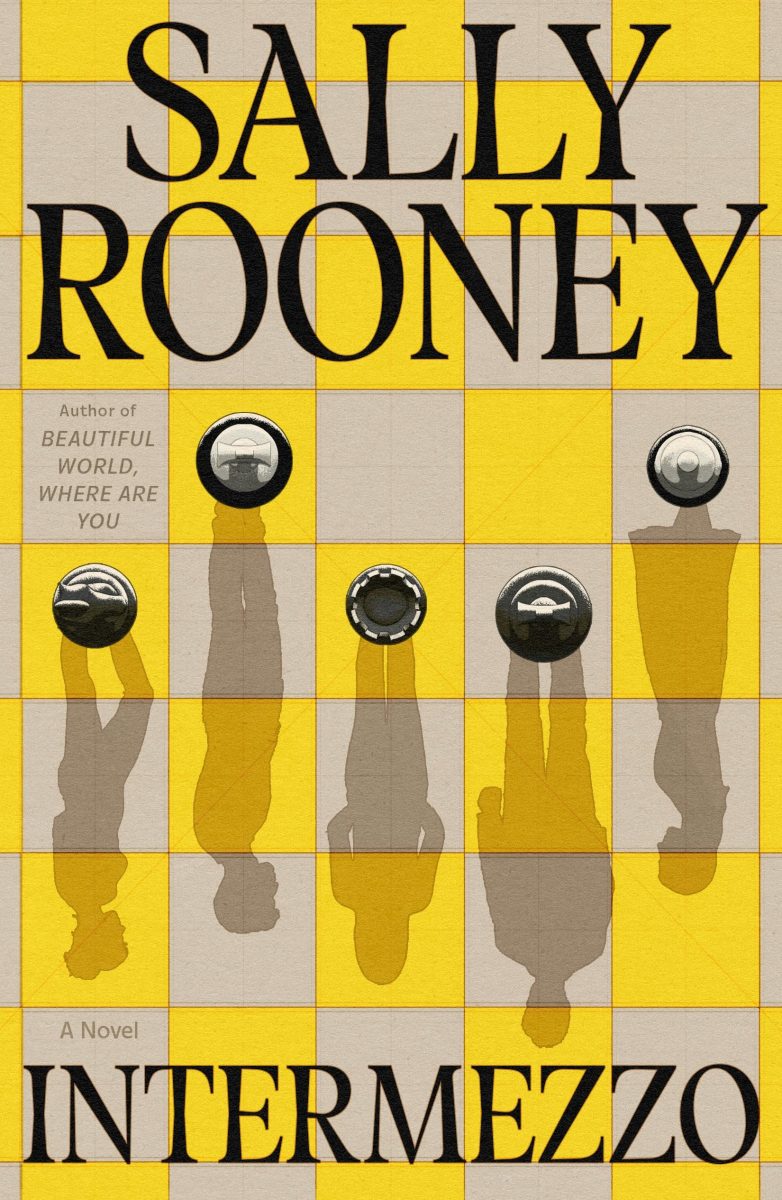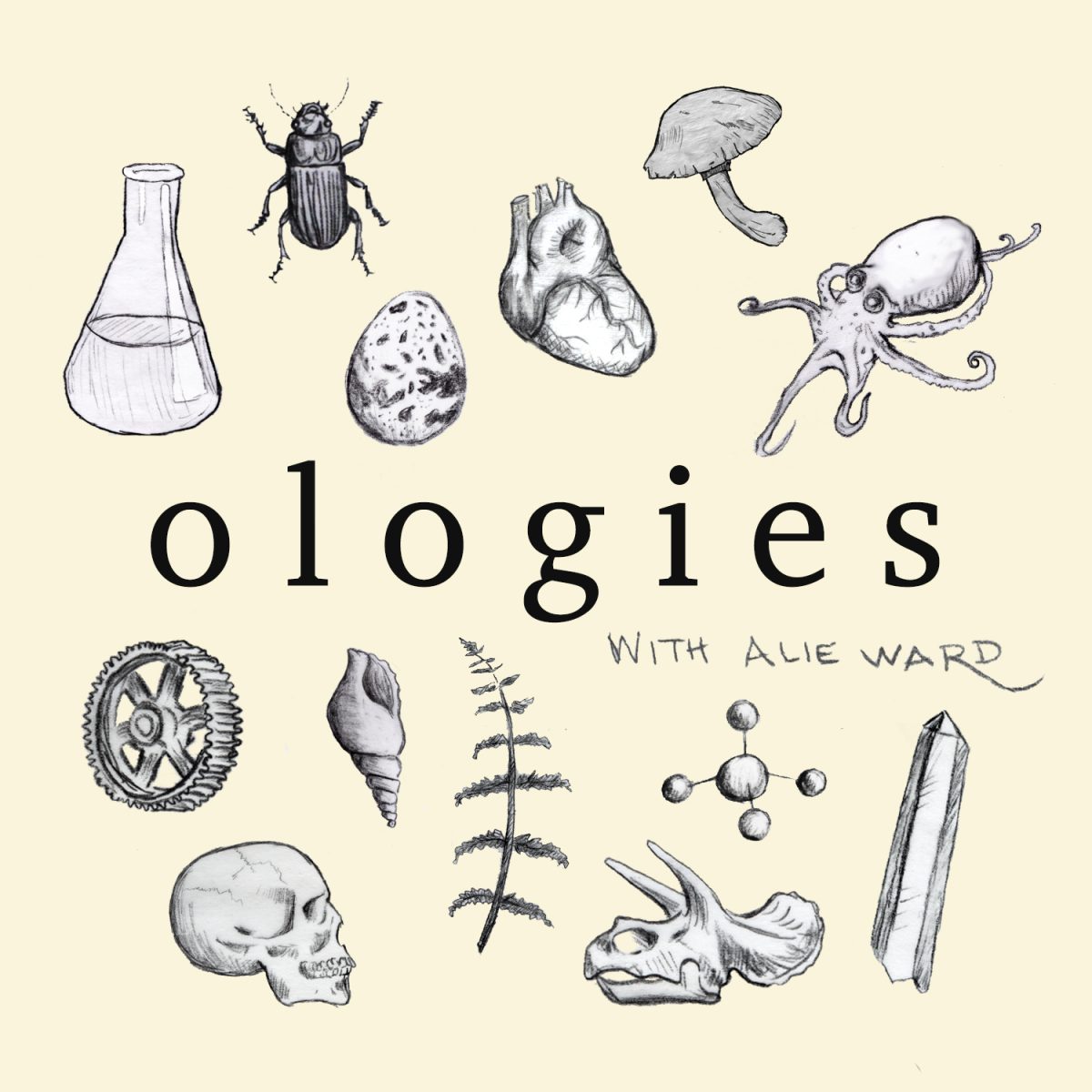After a three-year hiatus, Irish global phenomenon Sally Rooney has returned to the shelves with her fourth novel, “Intermezzo.” Rooney, best known for her novel “Normal People,” has drawn attention far and wide for her writing, and her fourth release is as masterful as ever and will cut straight to her readers’ hearts.
Brothers Peter and Ivan have a significant age gap and emotional miscommunication. “Intermezzo” follows the brothers’ lives as they try to grapple with the death of their father and their relationship with each other and the women in their lives.
Peter’s love life is held in the balance between two women: Sylvia, his first love, who ended things romantically after she suffered a life-altering injury, and Naomi, a college student and online sex worker, struggling to make financial ends meet, illegally squatting in an apartment with her friends.
Ivan, Peter’s younger brother, is a professional chess player and recent college graduate. Within the book’s opening chapters, he meets Margaret, a woman in her mid-thirties struggling with divorce. They instantly connect, feel they belong in the same “camp” and become entangled in each other’s lives.
Rooney incorporates many aspects of autism spectrum disorder in Ivan’s character, and through Rooney’s writing, it becomes evident that he navigates his social life differently from his brother and Margaret.
From the first page, readers will notice that “Intermezzo” is different from Rooney’s other bestselling works in terms of style. Her writing in this novel adopts a more stream-of-consciousness style, which works for the characters’ stories.
Rooney’s work is realistic and sharp, and “Intermezzo” will give readers a feeling of true craftsmanship; every detail incorporated into the text makes all the difference.
In the novel’s dialogue, Rooney’s moments of silence and quick pauses in conversation can portray and reveal as much about her characters as some authors strive to achieve in monologues. Rooney can make a flash of a moment, just a glance or a remark between two of her characters, incredibly captivating to the reader.
“Intermezzo” is laced with feelings of regret and grief. The novel is tear-jerking, not straying away from some of life’s most difficult moments and questions. Both couples grapple with the ethics of their relationship, exploring the idea of exploitation.
And, of course, as is common in other Rooney novels, moral debates over capitalist monetary systems are present within her character’s lives.
Rooney particularly focuses on the prevalent housing crisis in Ireland and showcases the moral and emotional dilemmas behind many of the economic and political systems her characters face.
Rooney’s “Intermezzo” is a marvel of acute feeling and exacting style, a moment of literary genius. Her new novel is as intimate and emotionally prevalent as her previous works. With its honesty, exactness and heart-rendering narrative, Sally delivers yet another literary knockout in “Intermezzo.”







